
Chemotherapy is, along with radiation therapy, one of the standard procedures in treatment of many forms of cancer. It uses antineoplastic drugs or combinations of several such drugs. The main types of chemotherapy are neoadjuvant chemotherapy, administered before surgery in order to shrink the tumor, and adjuvant chemotherapy, administered when the tumor is already removed for the purpose of preventing the recurrence.
Side effects of chemotherapy
As effective as chemotherapy may be in many cases, it does involve several serious downsides. The most common ones are nausea and vomiting, immunosuppression with increased susceptibility to infections and hair loss.
Not everyone on chemotherapy will suffer from these side effects. Nausea due to chemotherapy mainly depends on the type and the extent of the therapy. Some antineoplastic drugs are more likely to cause nausea than others. Those include Platinol, Cytoxan, Ellence, Ifex, Matulane, Temodar, Zanosar, Mustargen and several others.
There are also certain factors that increase the chance of nausea due to chemotherapy. For example, women are more prone to it, and so are persons under the age of 50. People who suffer from anxiety, who suffer from motion sickness or sea sickness, who do not drink alcohol and who often vomit during various illnesses also have higher chance of feeling nauseous during or after chemo.
Dealing with nausea from chemotherapy
Since nausea and vomiting are common side effects of chemotherapy, there are many solutions available for those coping with it. There are anti-nausea medications that doctors describe according to the patient’s individual needs, type of chemo and its amount. Sometimes, these medications are combined with anti-anxiety drugs, since anxiety is another common side effect of this form of cancer treatment.
On the other hand, there are natural, alternative and lifestyle remedies that can help with this issue. Patients on chemotherapy are advised to ear smaller but more frequent meals in order to avoid upset stomach. Breakfast is very important and the last meal of the day should be consumed three or four hours before going to bed. The meals should be light and based on mainly bland foods.
Chemo patients are often advised to eat whatever they feel like eating, listening to the body’s signals. However, it is still better to avoid very sweet, fatty, fried and greasy foods.
Certain smells and food types tend to trigger nausea. It is advised to identify such triggers and to avoid them. There is no general rule about this, because the triggers are an individual thing.
Drinking plenty of fluids is essential. The best beverages include plain water, herbal tea, especially mint and chamomile, as well as the traditional nausea remedy, ginger tea.



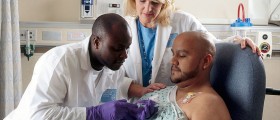

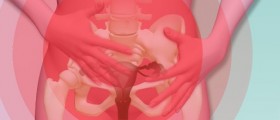
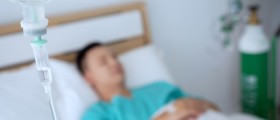

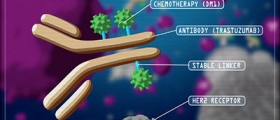
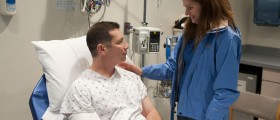
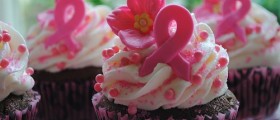
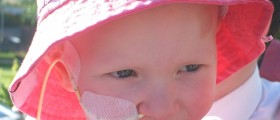

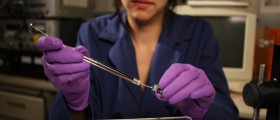


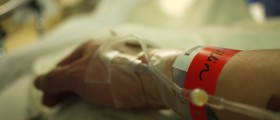
Your thoughts on this
Loading...